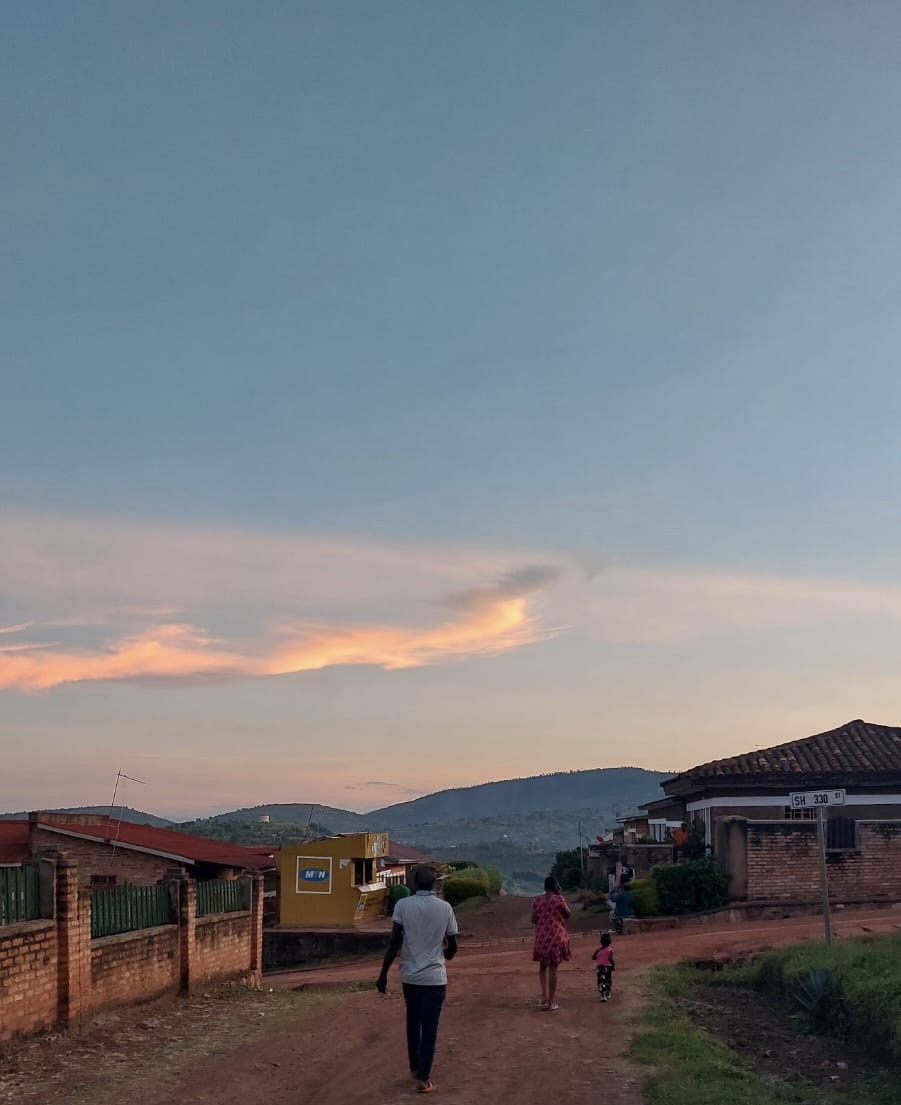Pedagogies of peace and conflict in the Great Lakes region

We know that armed conflict breeds conflict. We also know the political, economic and demographic factors that inform this repetition of conflict. But we do not understand why accumulated conflict risk factors sometimes do and other times do not pay out in more violence. But what if we go beyond macro structural factors and take serious what ordinary people do in the regeneration of conflict? In this project, we investigate the ‘complicity’ of ordinary families in (breaking) conflict cycles.
By identifying how people transmit experiences of past conflict to younger generations, we argue, we can gauge how new generations come to accept, endure, enact or avoid imminent conflict. Moreover, understanding this ‘human factor’ helps us improve existing macro-based models of ‘the conflict trap’. It is hoped that this project will also allow for ordinary people to take more consciously part in shaping their own (peaceful) futures.
We investigate ‘complicity’ in conflict by identifying the domestic pedagogies of conflict that emerge in conflict-affected families. In research, this is still uncharted terrain. We unravel the implicit, explicit, verbal, embodied and materialized ‘teachings’ of past conflict through in-depth ethnographic case studies among three categories of families: Rwandan, Burundian refugee and Congolese - all neighbors in the African Great Lakes region, which is notorious for historically repeated outbreaks of mass violence, including genocide. By adopting a within and across-case comparative analytical strategy, we aim to detect how domestic family pedagogies of conflict interact with structural factors, thus enabling a bridge with existing models on conflict continuities.
Photo: Southern Rwanda, 2023, copyright LH Berckmoes
Senior researchers
External affiliates
Geographic
Keywords
Funding and cooperation
NWO Aspasia premie
University of Rwanda

